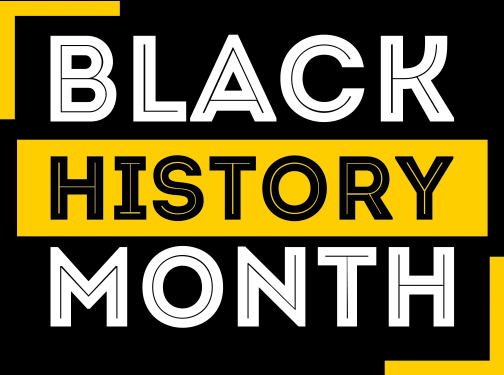Activists
In February, UC Irvine’s Donald Bren School of Information and Computer Sciences (ICS) celebrates Black History Month by highlighting pioneers in science and technology and sharing resources to expand diversity in tech. This year, we’re following the lead of Dana Boone, a student in Florida who, in 2021, put up at a display at his elementary school of the Periodic Table of Black History, created in 2019 by staff members at the Lakeland Public Library in Florida. Using that model as a foundation, we’ve created our own version, and here are the activists included:
3 FD Frederik Douglas was a formerly enslaved man who became a prominent activist, author and public speaker. His 1845 autobiography, Narrative of the Life of Frederick Douglass, an American Slave, described his time as an enslaved worker. He was a leader in the abolitionist movement and fought for women’s rights. (1818 – 2.20.1895) 11 ME Medger Evers began his journey as a civil rights activist when he and five friends were turned away from a local election at gunpoint. He had just returned from the Battle of Normandy in World War II. He fought against Jim Crow laws, protested segregation in education, and launched an investigation into the Emmett Till lynching. He was also the NAACP’s first field officer in Mississippi. (7.2.1925 – 6.12.1963) 19 FLH Fannie Lou Hamer was a powerful voice of the civil and voting rights movements and a leader in the efforts for greater economic opportunities for African Americans. In 1961, she received a hysterectomy by a white doctor without her consent while undergoing another surgery. In 1963, she and others were arrested for sitting in a “whites-only” bus station restaurant in Mississippi. She also helped found the National Women’s Political Caucus. (10.6.1917 – 3.14.1977) 37 MLK Martin Luther King, Jr. played a key role in the American civil rights movement from the mid-1950s until his assassination in 1968. King sought equality and human rights for African Americans, the economically disadvantaged and all victims of injustice through peaceful protest. He was the driving force behind the Montgomery Bus Boycott and the 1963 March on Washington, which helped bring the Civil Rights Act and the Voting Rights Act. (1.15.1929 – 4.4.1968) 55 MMB Mary McLeod Bethune was a champion of racial and gender equality. The college she founded set educational standards for today’s Black colleges, and her role as an advisor to President Franklin Delano Roosevelt gave African Americans an advocate in government. (7.10.1875 – 5.18.1955) 73 RP Rosa Parks famously refused to give up her seat to a white man on a Montgomery, Alabama bus in 1955, inspiring the leaders of the local Black community to organize the Montgomery Bus Boycott. Led by a young Rev. Dr. Martin Luther King Jr., the boycott lasted more than a year and ended only when the U.S. Supreme Court ruled that bus segregation was unconstitutional. (2.4.1913 – 10.24.2005)
BHM Periodic Table - Activists

